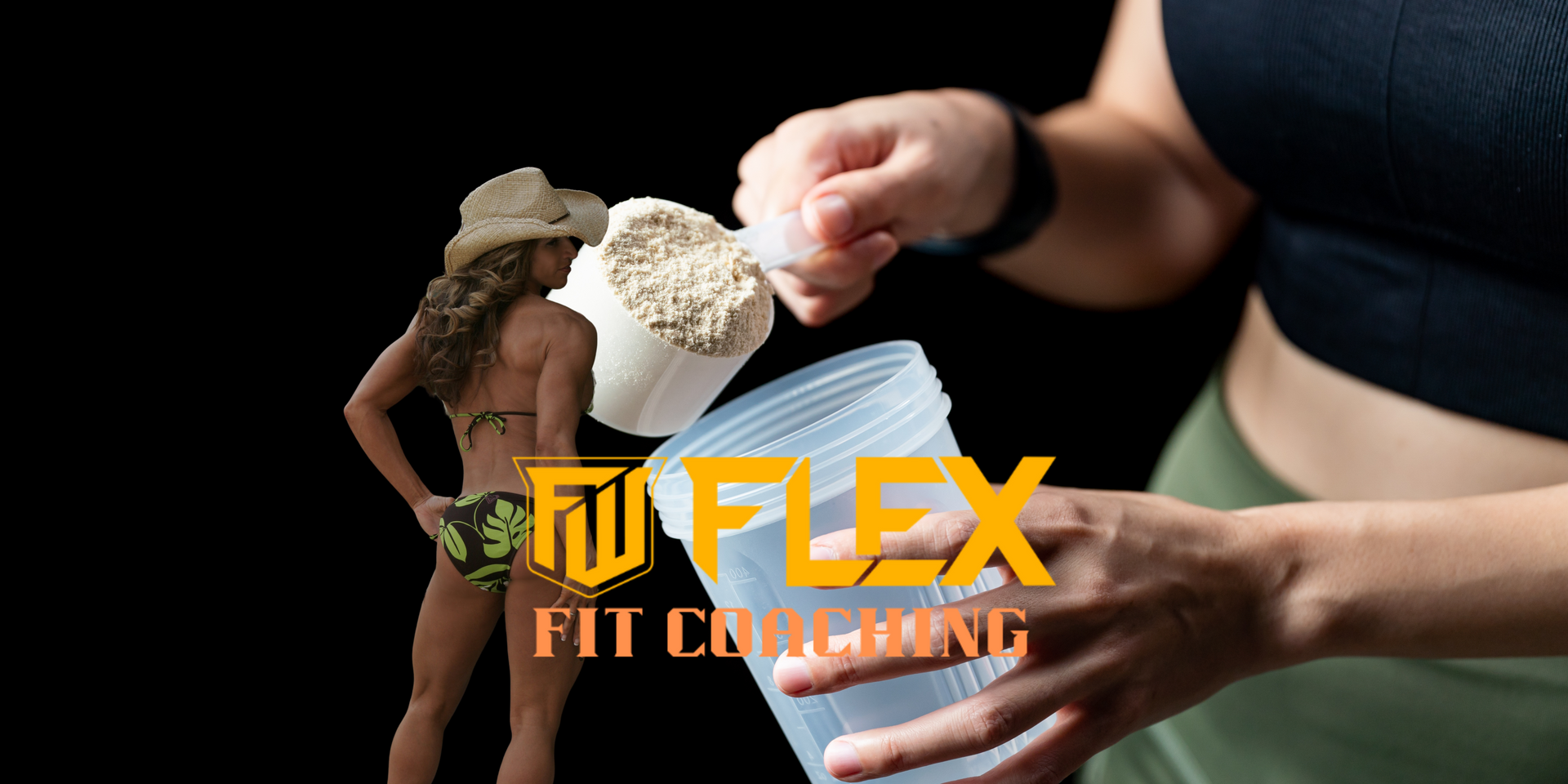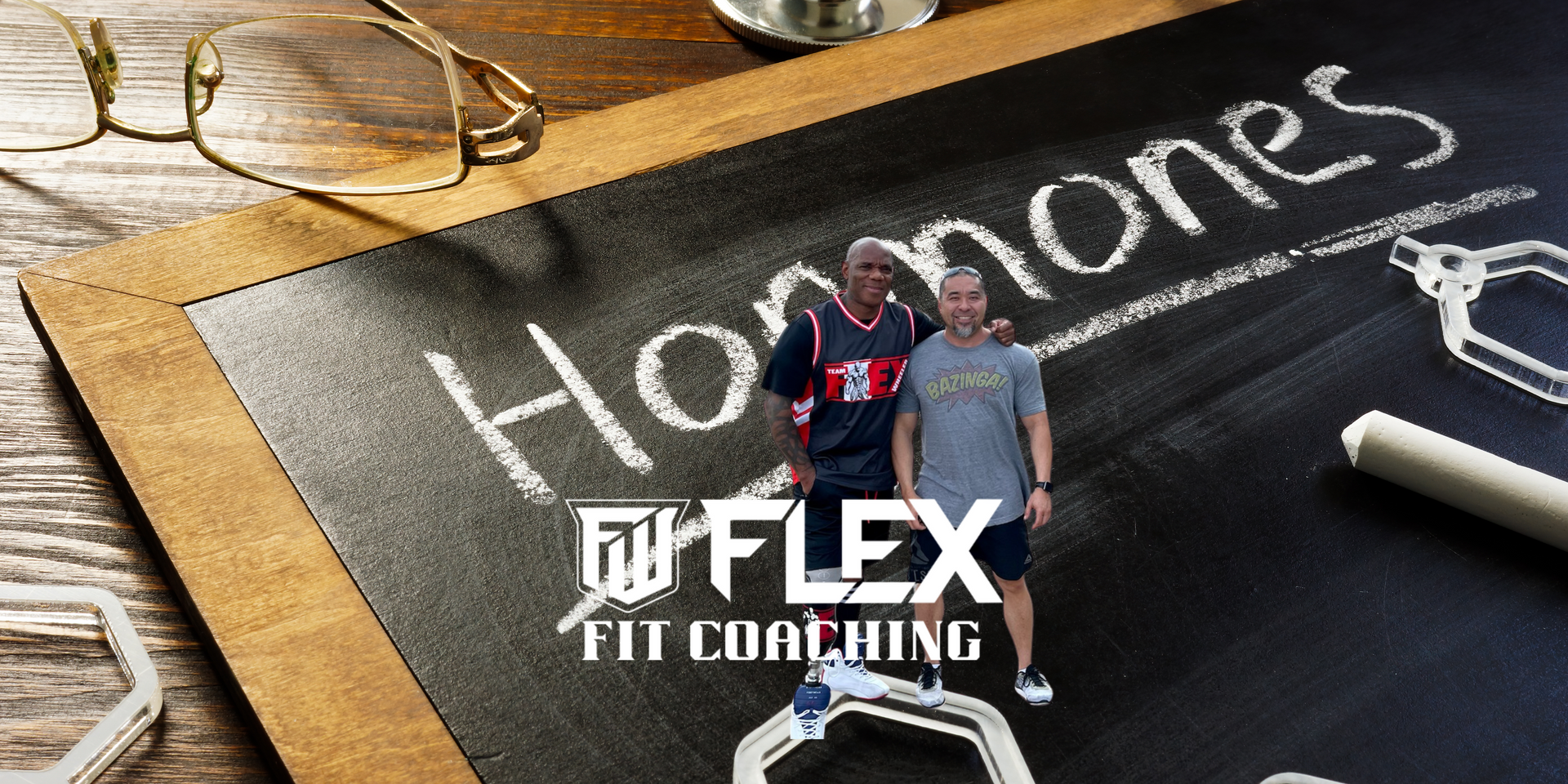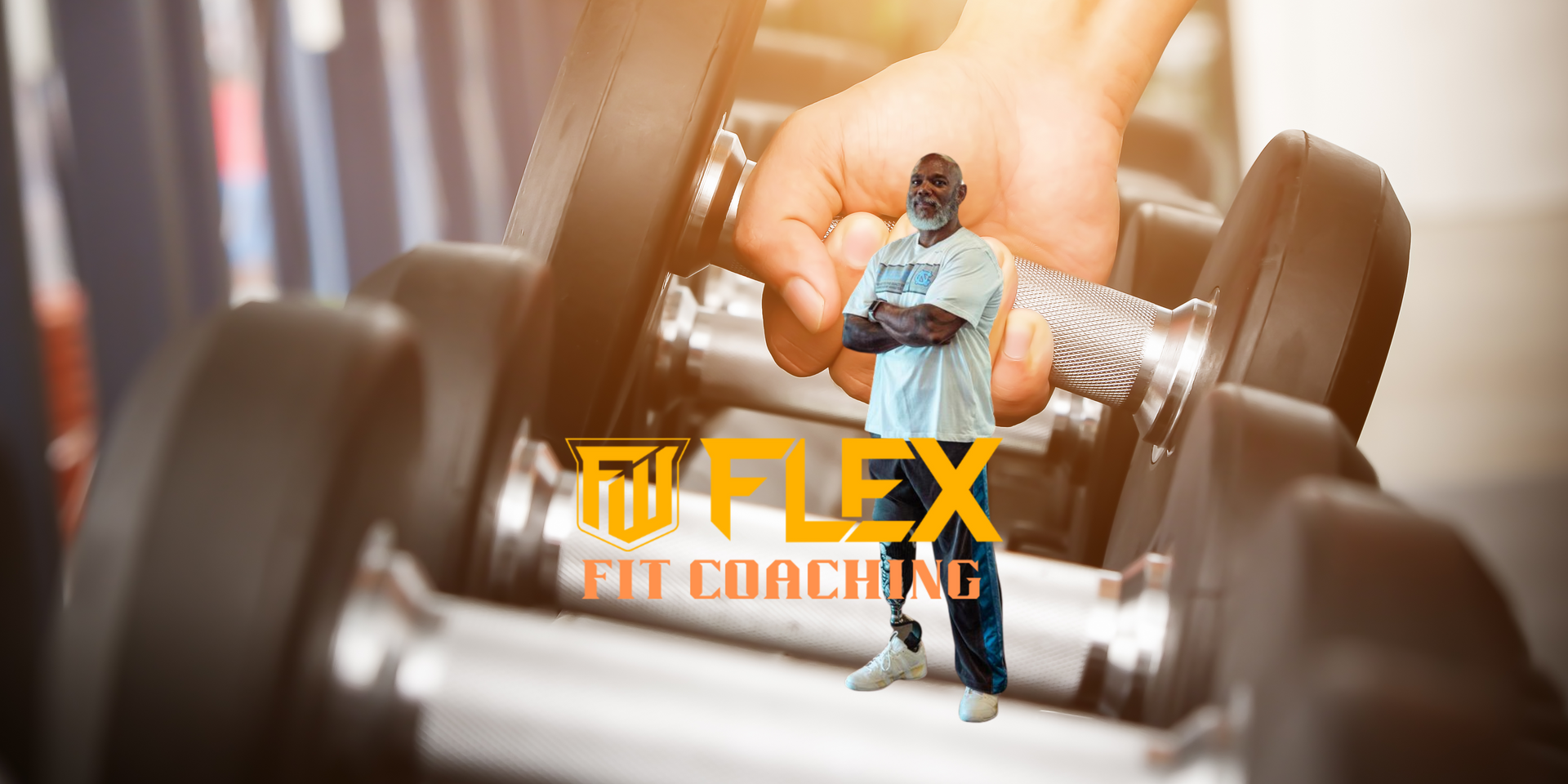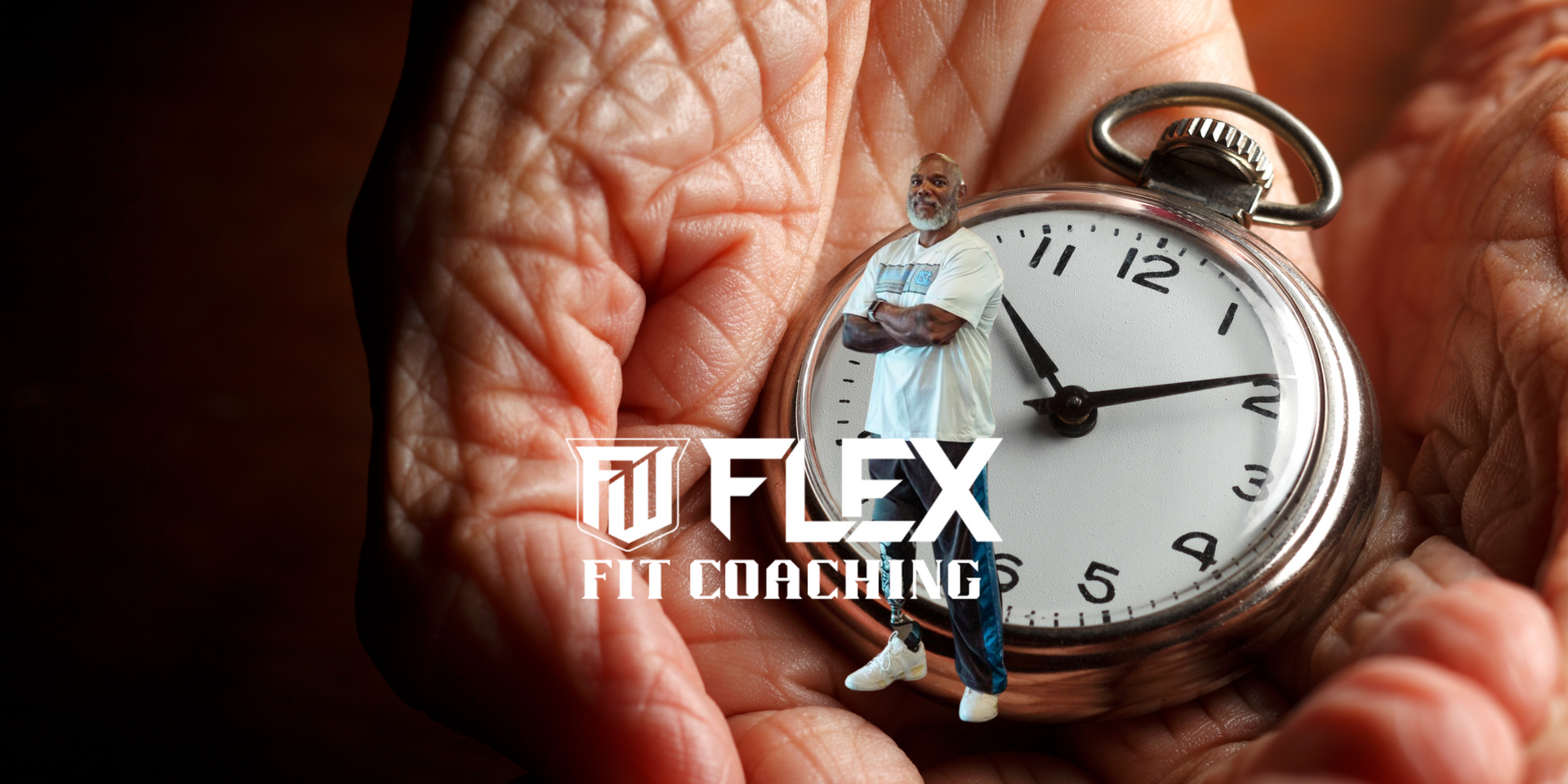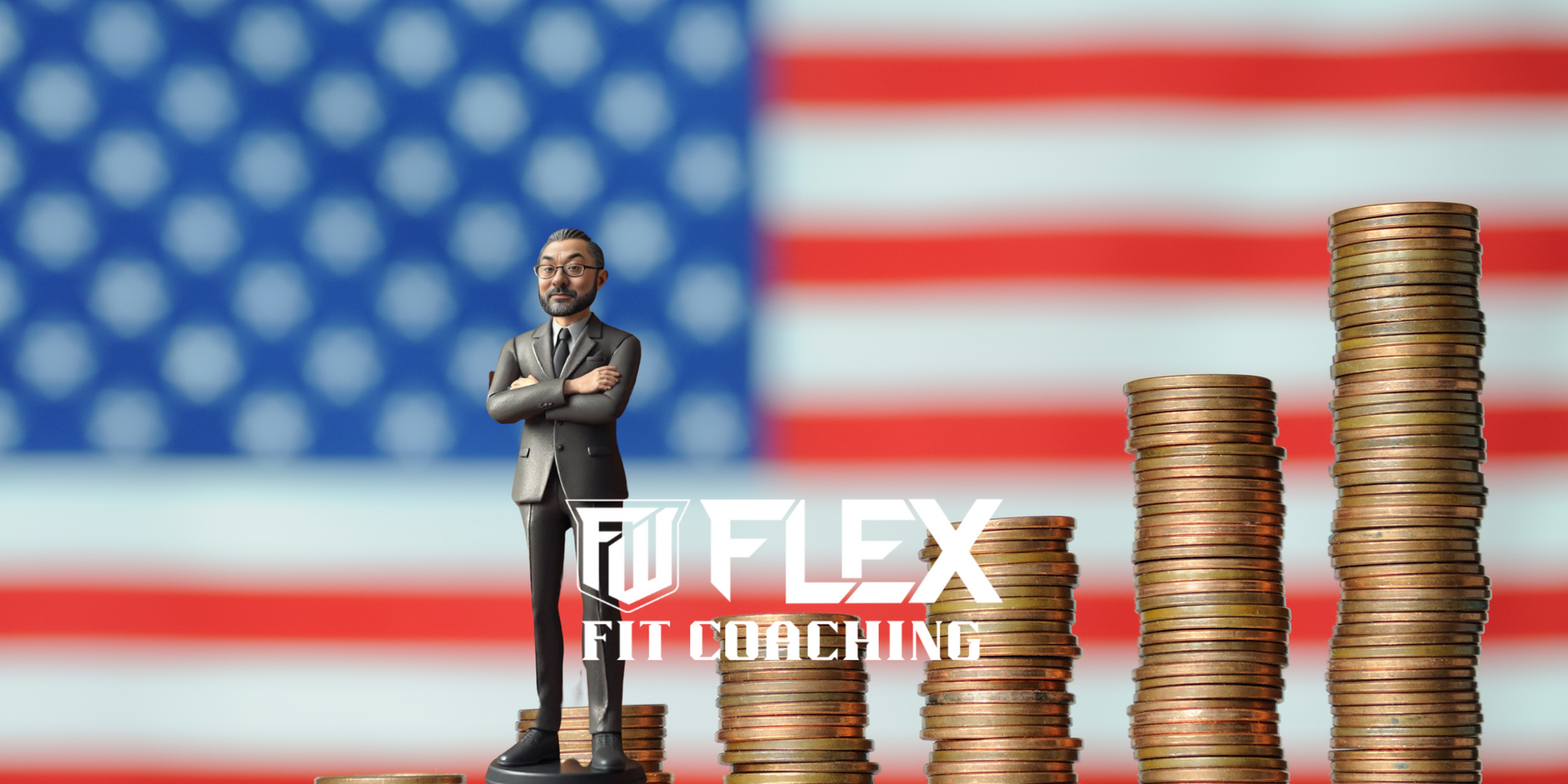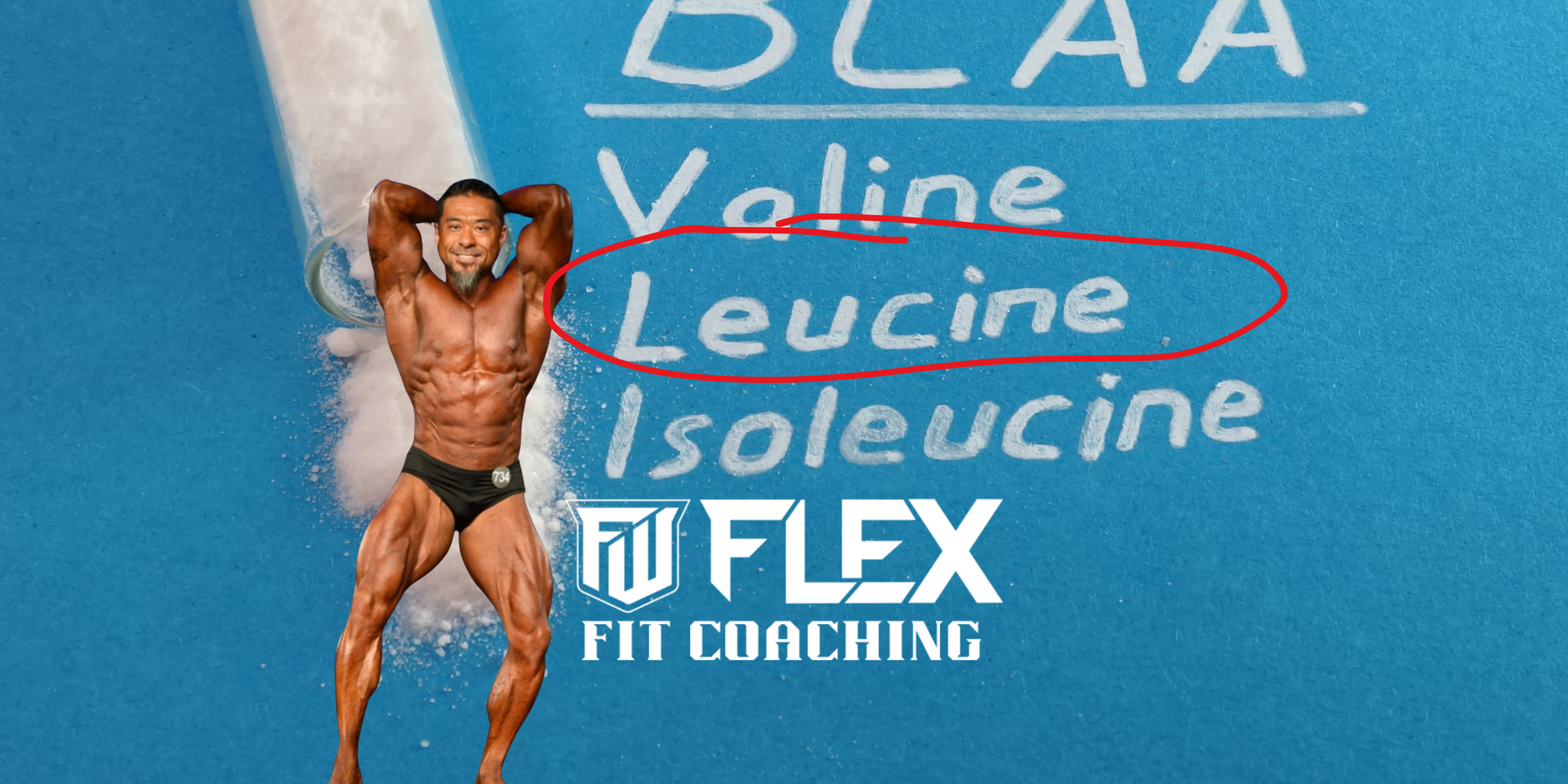SEX Hormones as We Age...LADIES!!!
Hormone Balance as We Age: What You Need to Know (Especially About Testosterone)

Hormone Balance as We Age: What You Need to Know (Especially About Testosterone)
We all know that hormone changes as we age — especially during and after menopause — can wreak havoc on our bodies and lives. Hot flashes are just the tip of the iceberg. Beyond that, many of us face frustrating issues like low energy levels, reduced muscle mass (what we often call "losing tone"), declining bone density, and a big drop in sex drive.
And it's not just about estrogen.
Testosterone — yes, even for women — plays a massive role in how we feel, function, and thrive as we age. In fact, emerging research suggests that testosterone may be even more critical than estrogen for maintaining overall health and vitality in our later years.
The good news? There's promising evidence showing that some simple, over-the-counter supplements can help support natural testosterone
production and improve hormone balance. Here's what the science is saying:
- Zinc: This essential mineral has been shown to play a crucial role in regulating testosterone levels. A 1996 study published in Nutrition found that zinc deficiency can significantly reduce testosterone concentrations, and supplementation can reverse this effect in both younger and older men (Prasad et al., 1996).
- Magnesium: Magnesium not only supports hundreds of biochemical reactions in the body, but it’s also linked to higher levels of free testosterone. Research from Biological Trace Element Research (Cinar et al., 2011) demonstrated that magnesium supplementation led to an increase in free and total testosterone in both sedentary and athletic men.
- Vitamin D: Often called the "sunshine vitamin," Vitamin D acts more like a hormone in the body. A 2011 study published in Hormone and Metabolic Research showed that participants who supplemented with Vitamin D experienced a significant increase in total testosterone levels compared to a placebo group (Pilz et al., 2011).
- Longjack (Eurycoma longifolia, also known as Tongkat Ali): This traditional Southeast Asian herb has been gaining attention in modern science. A 2012 study in Evidence-Based Complementary and Alternative Medicine found that supplementation with Longjack improved free testosterone levels and reduced SHBG (Sex Hormone-Binding Globulin), the protein that binds testosterone and makes it inactive (Tambi & Imran, 2012). Lowering SHBG levels means more free, bioavailable testosterone — the kind that really matters for how we feel.
Why Is Free Testosterone Important?
While "total testosterone" often gets measured in lab tests, free testosterone is what actually exerts the hormone’s effects on our tissues — influencing everything from energy and mood to libido, muscle strength, and even bone density.
The Bottom Line:
Hormone balance after menopause is complex and challenging, but it’s not hopeless. Supporting your body with targeted nutrients like zinc, magnesium, Vitamin D, and Longjack can make a real difference. These supplements, along with smart lifestyle choices like strength training, stress management, and quality sleep, may help you reclaim the vitality you deserve.
Coach Chrissy Garcia-Nagaye
IFBB Pro
References:
- Prasad, A. S., Mantzoros, C. S., Beck, F. W. J., Hess, J. W., & Brewer, G. J. (1996). Zinc status and serum testosterone levels of healthy adults. Nutrition, 12(5), 344-348.
- Cinar, V., Polat, Y., Baltaci, A. K., & Mogulkoc, R. (2011). Effects of magnesium supplementation on testosterone levels of athletes and sedentary subjects at rest and after exhaustion. Biological Trace Element Research, 140(1), 18-23.
- Pilz, S., Frisch, S., Koertke, H., et al. (2011). Effect of Vitamin D supplementation on testosterone levels in men. Hormone and Metabolic Research, 43(3), 223-225.
- Tambi, M. I. B. M., & Imran, M. K. (2012). Eurycoma longifolia Jack in managing idiopathic male infertility. Evidence-Based Complementary and Alternative Medicine, 2012, 429268.
